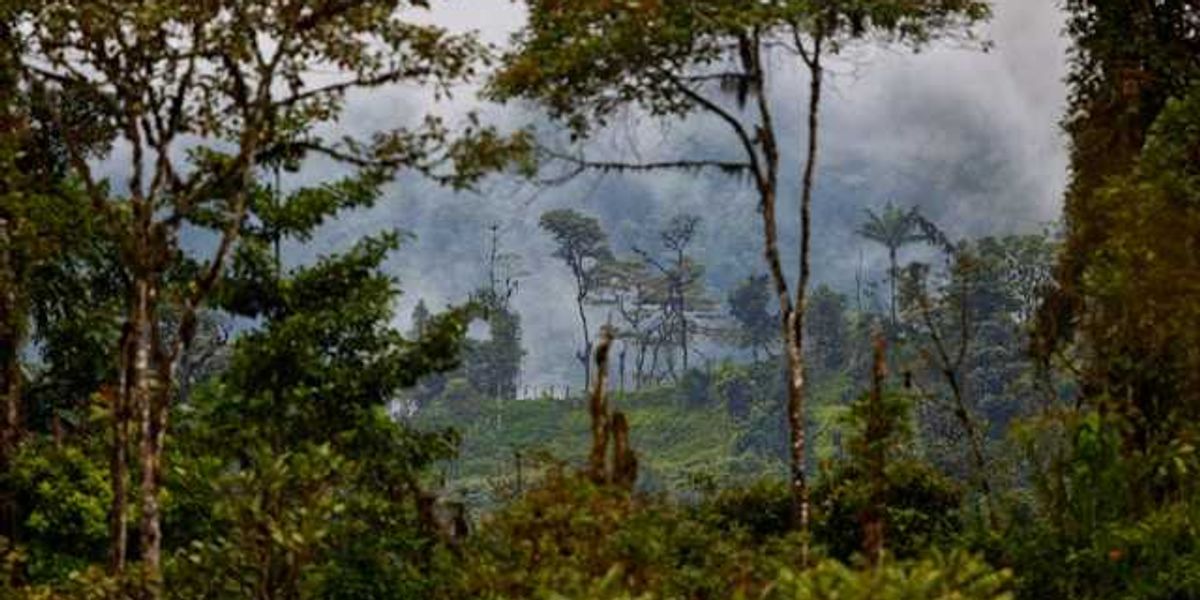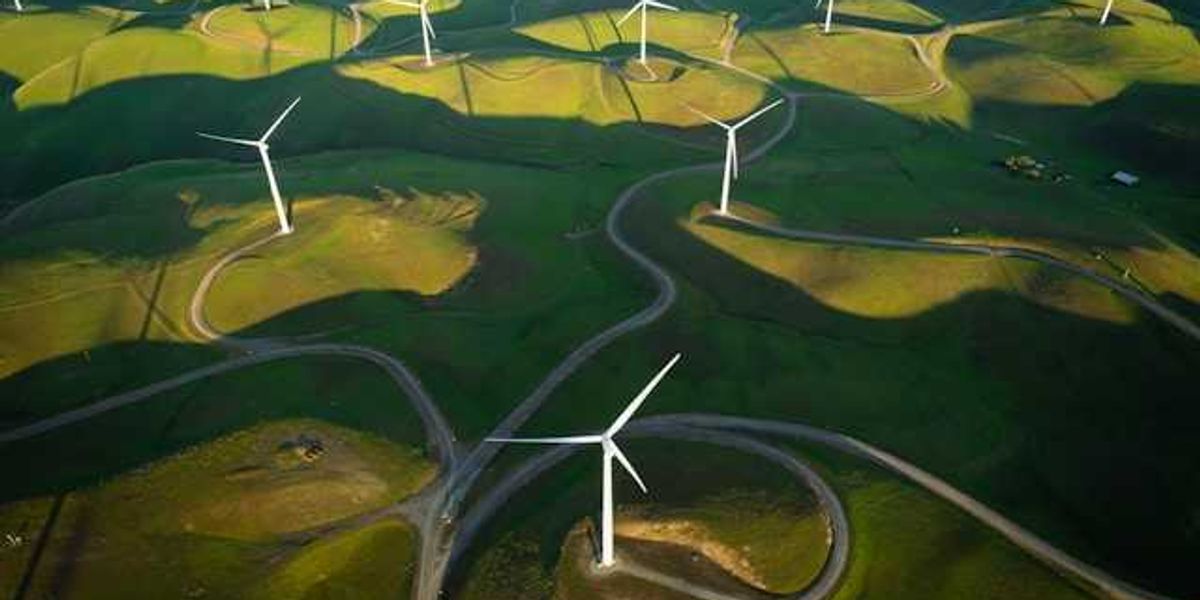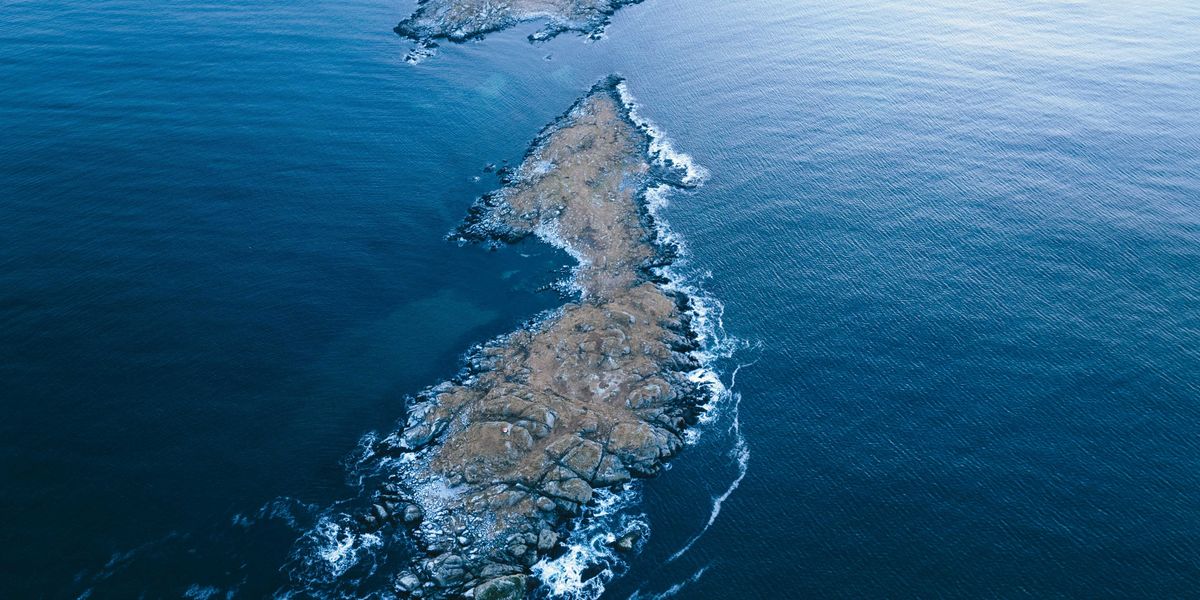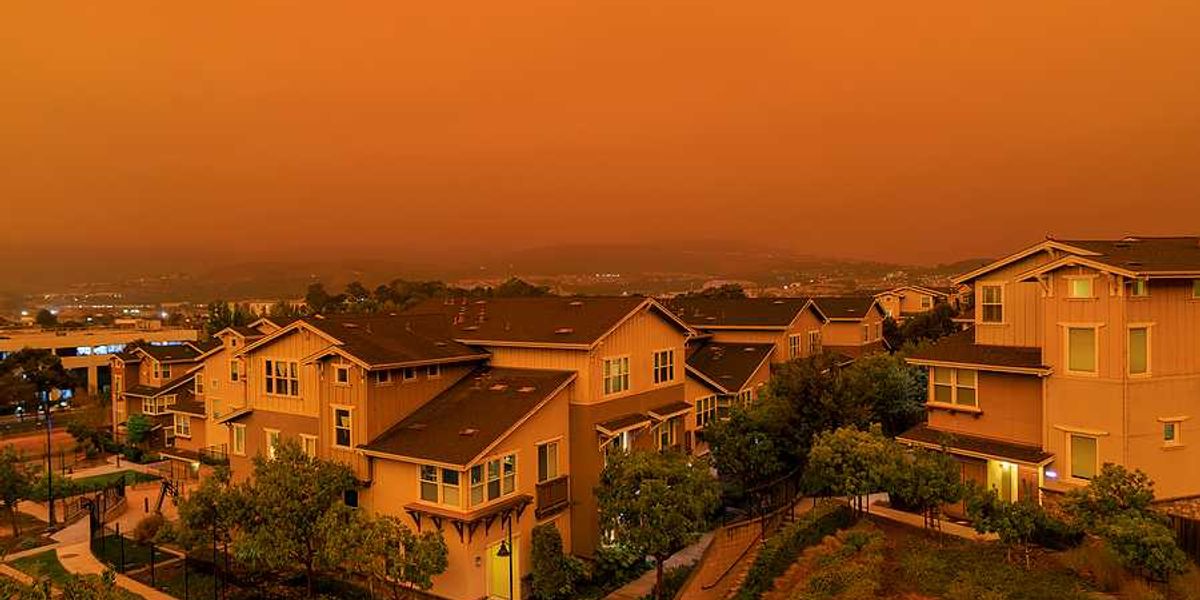
Amid the non-stop Trump news, don't ignore the persistent assault on the environment
Trump's environmental protection rollbacks quietly continue, but there are more signs of climate awakening in TV news.
These days, the front pages and cable gabfests are nearly all-Trump: Impeachment hearings, Presidential Twitty-fits, pardon-a-paloozas and more.
American news organizations, particularly TV news, choose to devote little bandwith or interest to Trump's relentless, ongoing assault on environmental protection.
Thus, these actions, which carry impacts that will be felt for decades, are carried out with relative stealth.
Trump's EPA chief Andrew Wheeler, a former coal industry lobbyist, took another step toward unbuilding the regulatory wall in late January by finishing off what was left of the Obama-era Waters of the United States rule.
Wheeler's new rule would remove Clean Water Act protections from thousands of small or seasonal waterways and nearly half of America's wetlands, limiting the landmark 1973 law to "navigable" waterways.
Don't ever accuse Wheeler of being a thoughtless guest who forgets to bring a hospitality gift. In January, he railed against the Obama rule when invited to speak to two trade groups who fought against the old rule – the American Farm Bureau Federation and the National Association of Home Builders. The two powerful groups, who had long regarded the EPA as a regulatory nemesis, greeted its new boss warmly.
This week, the Washington Post reported that the administration plans to roll back limits on mercury emissions from coal burning power plants. Problem is, some utilities say they don't need such government help. Exelon, a utility giant that's made no secret of its desire to move out of the coal business, has said a very public "no thanks."
Similarly, the White House is rolling back Obama's sharp planned increase in vehicle fuel efficiency, despite several automakers' insistence that the higher standards set by Obama were perfectly fine.
Last July, EPA announced that they would take no action to restrict agricultural use of chlorpyrifos, a widely used pesticide for apples, oranges, strawberries, wheat, corn, and other billion dollar crops. Studies linking chlorpyrifos to neurological damage in children have led to bans in multiple states.
One might think that the largest maker of the substance would be grateful for the EPA having its back, but in early February, Corteva announced it will stop making chlorpyrifos. You may not be familiar with Corteva. It's the offspring of the Dow-DuPont merger. The young spinoff is spooked not only by the state bans in Hawaii, California and others, but also by potentially crippling litigation from farm-field neighbors who claim they're harmed by spraying on nearby farms.
Cable news wakes up to climate change
But for environmental advocates, even a toxic cloud has a silver lining. There are more signs that broadcast news is shaking off its climate silence.
On February 16, 60 Minutes offered 14 of those minutes to a heartbreaking look at Australia's devastating wildfires. Unlike most U.S. accounts, the most-watched news show in American history focused on the climate-wildfire link.
MSNBC anchor Ali Velshi has frequently covered climate change, but last week, he went off on a Howard Beale-like rant on Big Oil's role in distracting and dissembling.
As of last summer, CNN's Bill Weir carries the weighty title of "Chief Climate Correspondent," which sort of implies that there's an army of Deputy Climate Correspondents. The "Chief" is the only one at the network, but one is the high-water mark for full-time climate/environment folks at American networks. And he does quality work. So does my former CNN colleague Miles O'Brien, now at the PBS NewsHour.
CNN also hosted a remarkable all-climate Town Hall for the Democratic presidential candidates in September. MSNBC followed suit.
ABC's Nightline went to Antarctica last spring to document not just climate impacts, but the presence of plastics and heavy metals in marine mammals. Not to be outdone, CBS News went to Greenland in September to report on the decline of the ice sheet there; also in September, NBC sent venerable weatherman Al Roker to Greenland and anchor Lester Holt to Alaska.
Too little, too late? Maybe, but welcome just the same.
Peter Dykstra is our weekend editor and columnist. His views do not represent those of Environmental Health News, The Daily Climate or publisher, Environmental Health Sciences. He can be reached at pdykstra@ehn.org or on Twitter at @Pdykstra.













